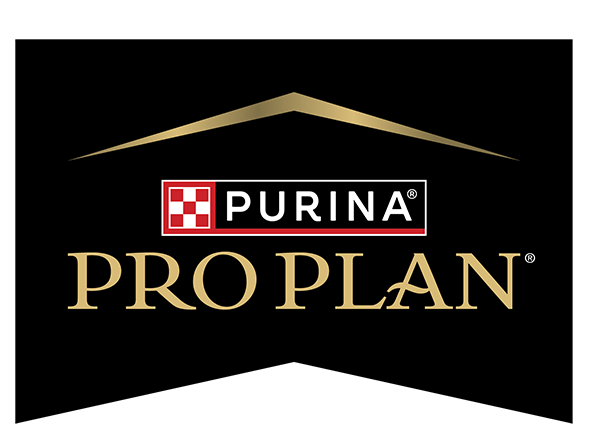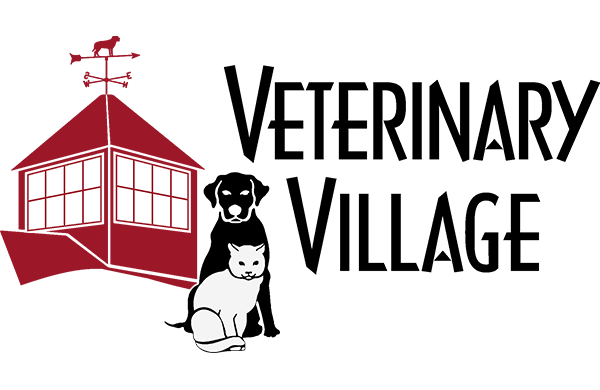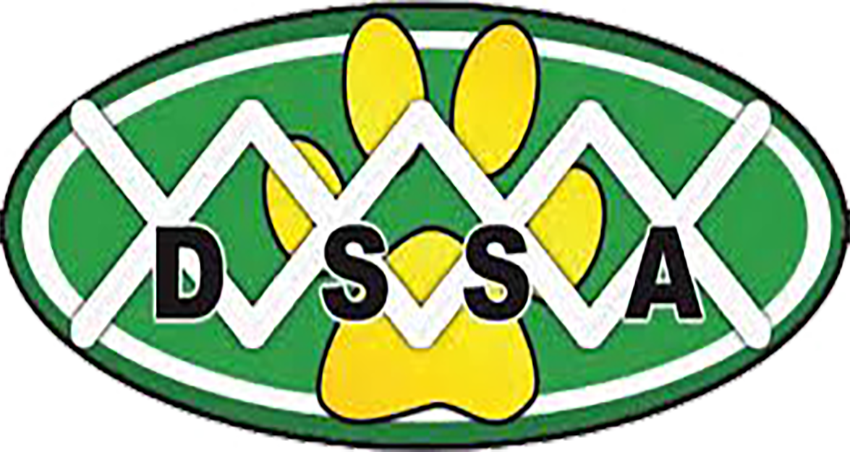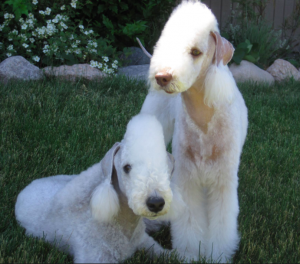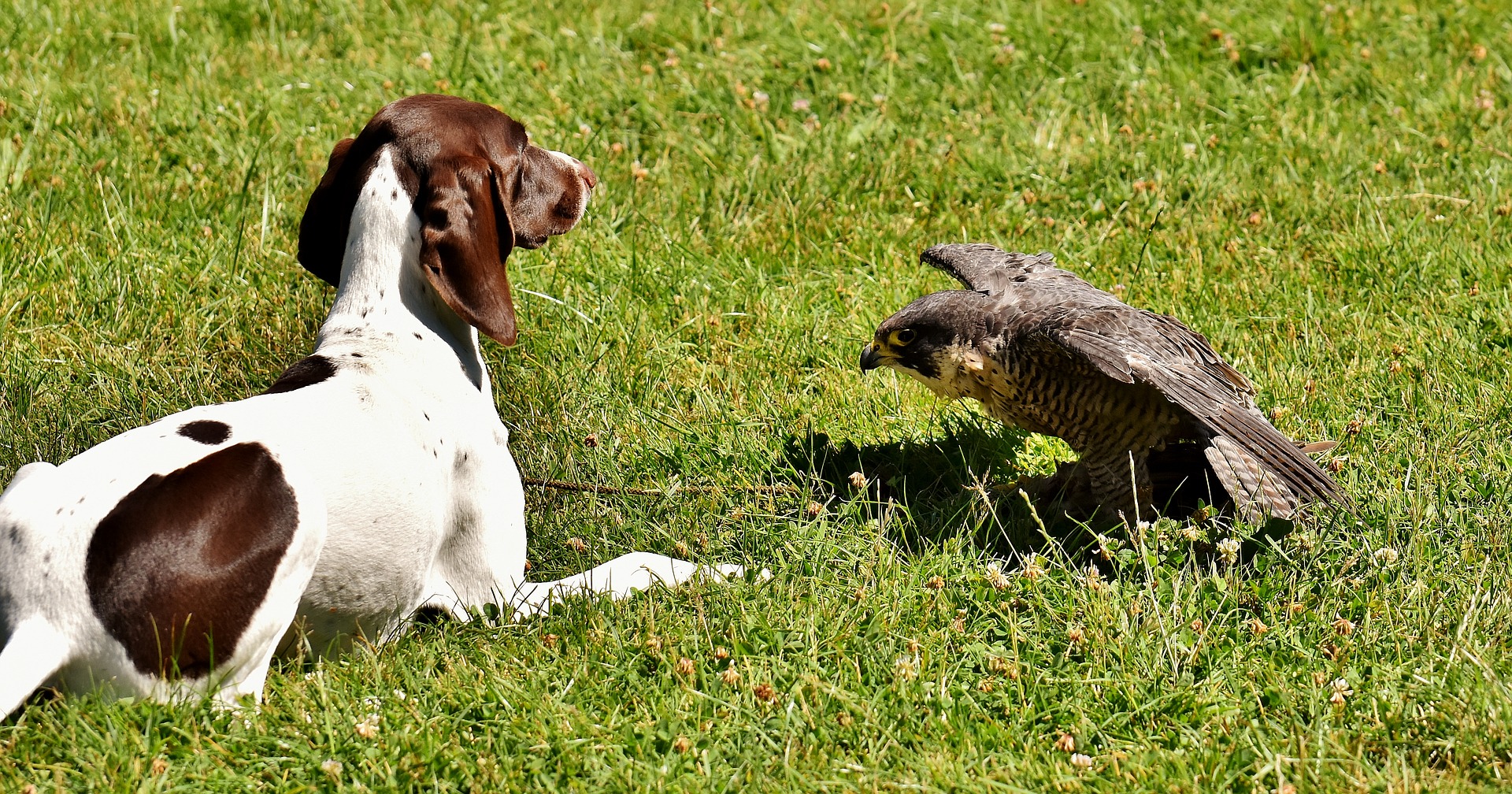374 – To Deduct or Not to Deduct: Tax Time for Dog People

To Deduct or Not to Deduct: Tax Time for Dog People
Karen Bodeving, CPA joins host Laura Reeves for an important discussion about dogs, the IRS and your taxes. 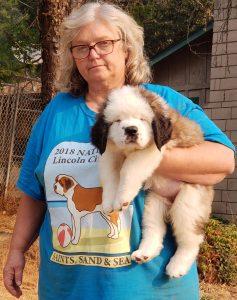 for hobby breeders, professional handlers, dog clubs and many of us involved in purebred dogs.
for hobby breeders, professional handlers, dog clubs and many of us involved in purebred dogs.
Dogs and Taxes… Who is affected
Karen Bodeving CPA, CGMA, Rogue Valley Financial
- Hobby Breeders vs Breeding as a business
- If you sell a puppy (or a litter) or take a stud fee, you still need to report it.
Hobby Breeders HAVE to show the income, but they cannot take the expenses.
If it is a Hobby: You MUST claim the Income on your tax return. – This MUST be reported in your gross income. Sell one puppy for $100 (or more)? Must be shown on your tax return!
Hobby: Can you take deductions?
The TCJA (tax cuts and jobs act) suspended miscellaneous itemized deductions until 2026, removing the ability to deduct hobby activity expenses, other than cost of goods sold.
Before 2018 -If a taxpayer’s activity is considered a hobby, he or she may deduct its expenses only up to the amount of the hobby income; therefore, a loss from a hobby cannot be deducted against other income. In addition, hobby expenses must be taken as miscellaneous itemized deductions; as such, they will be subject to the “two percent of adjusted gross income” floor, which will limit the amount of the deduction further.
This means even though you might have had $15,000 in expenses of showing etc it was not is NOT a direct offset.
After Jan 1, 2018 you can’t even take that… but you can take Cost of Goods sold – so direct expense of a litter such as stud fees, or a c-section fee would help offset the income, up to the amount of the income – (so no loss)
The good news is although you have to report the gross income, it’s not subject to Self Employment tax.
- Breeding as a Business means you TREAT it as a business. The IRS really wants to disallow your expenses under section 183 of the Internal Revenue code . But they have set some tests up to see if you are a hobby or a business.
The first test is an “OBJECTIVE” Test.
First, if a taxpayer can show that he or she realized a profit from the activity in three out of the most recent five consecutive years including the current year, the service’s objective test will be met and the activity will be considered as engaged in for profit. If the activities consist primarily of breeding, training, showing or racing horses, the presumption applies only if the activity produced a profit in 2 of the last 7 tax years, including the current year. You have a profit when the gross income from an activity is more than the deductions for it.
If your dog breeding activity passes this 3 year years-of-profit test, then it is presumed that it is carried on for profit. This means it will not come under the scrutiny and limits imposed on hobby losses. You can deduct all of your business deductions from the activity, even for the years that you have a loss. You can rely on this presumption; unless and until the IRS shows it is not valid.
The second test is the “SUBJECTIVE” test.
Do you operate your business in a business-like manner? Do you have a budget? Do you have applicable permits? Do you have a business plan? Do you have separate books and checking accounts? Can your business appreciate in value? Does it look like you gain personal pleasure from the activity (a business usually requires Work, a Hobby usually entails “Fun”).
The Tax Court has held that a couple was not entitled to deduct their net losses from a dog-breeding activity, finding that the activity was not engaged in for profit.
The most persuasive reason for concluding that the activity is a hobby is the enterprise’s bookkeeping system. The court noted that the books were posted annually, and since the couple in questions expenses could not be monitored monthly, or even quarterly, informed business decisions could not be made.
You have to seek expert advice and DOCUMENT it. There is a case of a veterinarian who lost a farm deduction (in part) because he did not do his market research and look to others for help. We, as breeders need to show not only the business acumen, but also that we looked to others for help with our dogs (e-mail group, professional handlers, vets, etc.)
Advertising is important. Are you really marketing your animals (i.e. really trying to sell them)?
PART-TIME DOG BREEDING NOT A HOBBY EVEN THOUGH IT DID NOT TURN A PROFIT.
In addition to their full time jobs, Mr. and Mrs. L bred and sold Shetland sheepdogs from 1982 to 1985. Because they limited the breeding activities to five adult dogs, the couple was not required to obtain a kennel license under state law. The Ls had no training or experience in breeding or caring for dogs, but they took the time to educate themselves. They were interested in building up a renowned kennel. They built a kennel adjacent to their house. They advertised the puppies in newspapers and magazines. They did not maintain a separate checking account for the dog-breeding activities; however, they had business cards and stationery printed up, used pre-printed invoices, kept a ledger to record expenses and kept copies of invoices for puppies they sold. The Ls provided the dogs with intensive care and were careful to place their dogs in good homes. After four years of operations, the Ls stopped selling dogs because they became convinced that they could not make a profit.
For 1984 and 1985, the Ls reported losses from their kennel activities. The Service disallowed the losses, contending that the Ls lacked a profit objective and pointing to the fact that they had reported successive losses.
Special Trial Judge Pate has held that the Ls are entitled to deduct the losses, finding that the Ls ran their kennel in a manner befitting a small business, the fact that the Ls enjoyed their business did not make it a hobby.
Inventory and Breeding Stock The IRS looks to see that you are depreciating your purchased breeding stock, as well as holding dogs in inventory for resale at the end of the year.
DOG BREEDING HELD NOT FOR PROFIT WHERE NO EVIDENCE OFFERED ON VALUE OF INVENTORY
Dr & Mrs C bred, sold and showed Pomeranian dogs. Mrs C tends to the care of the dogs generally, while the good doctor contributes about two hours per day. The doctor has been selected to judge Pomeranians at shows and has attended a course on the care and management of small animals. The Cs did not obtain a permit and kennel license as required by the county in which they live. The Cs reported aggregate losses totaling more than $30,000 in the years 1984 through 1986.
Tax Court Judge Ruwe held that the Pomeranian breeding operation was not engaged in for profit. Judge Ruwe found that although the Cs spend a considerable amount of time on the dogs, that factor was outweighed by other factors. The Court observed that the taxpayers had failed to keep businesslike records, introduced no evidence of specific plans or goals, and introduced no inventory records showing the value of each dog.
Judge Ruwe also noted the Cs accumulated expertise related only to breeding and grooming and not to the business aspects of the activity. Judge Ruwe observed that a small profit in a later year was only the result of the C’s failure to deduct several of the associated expenses that they had deducted in previous years.
After looking at these court cases, the questions becomes…are your dogs a business or a Hobby?
If it is a business – What kind of expenses is then deductible? Cost of the litter, stud fees, Kennel Fencing can be depreciated, Dog Food, Travel and 50% of your meals, in other words all ordinary and necessary expenses incurred in your business.
If the taxpayer’s activity is considered a business, the deduction of expenses and the claiming of losses are subject to the normal business expense and business loss rules. If you are engaged in the business with your spouse, unless you are in a Community Property State a partnership tax return should be filed and partnership limitations can be imposed. (and you must never, never, never, ever refer to it as a HOBBY.
- You should have a business plan on how you plan to make money.
- You should have separate checking accounts in which you put all your income from the dogs and dog expenses. Dealing in Cash is not a good thing – you need to have a paper-trail. Most real business pay with checking/debit/credit cards The cash business are being watched closely by the banks and being reported.
- You need to be doing 1099’s to your veterinarian regardless if they are incorporated or not – if you payed by check or with cash.
- Per IRS Letter ruling Per Letter Ruling 201349013 They fall under the Health and medical services –
- but non business i.e. hobby owners do not need to do this.
- You also need to 1099 your handlers, groomers and anyone else you pay more than $600 to in a year. – INTENTIONAL Disregard is $550 per instance with no limitation.
- You need to have current proper permits through your city/county/state. That may mean you may need to have Kennel inspections including by the USDA.
- You will need to track your mileage – Use an app like Mile IQ –or keep a mileage log in your van. Keep your ribbons – I went through a dog /business audit where we had ribbons to prove where we were …and could google map the distances to prove mileage. Mileage includes going to the vet, going to the bank – anything that is Business related.
- Meals – There are new rules regarding meals and entertainment – make sure you log any business purposes – if you are with a potential puppy buyer or if you are out at a show.
- You will need to keep a copy (or photo) of all your receipts. Dog food, postage, etc….
- The years that you do make a profit, if your business is not incorporated, you will be subject to tax and self employment tax.
- Ignoring ANY puppy income WILL get you in trouble, so please consult with a professional and report it correctly – the money you spend on doing it right it will save you in the long run.
- Handlers (and Judges)
- I’m going to through these in together because of the travel.
- IF someone else (your client or club) pays for your travel, or directly reimburses you after you pay for it and you turn in your receipts, then they do not need to have that on your 1099. BUT remember, if they are a hobby, they can’t deduct it and as a Handler is a business, you can. Be nice to your clients.
- Business meals with clients or on a business trip is still 50% deductible,
- I’m going to through these in together because of the travel.
- Meals with your friends or taking your spouse is nondeductible.
- Obviously, mileage is a huge deduction – make sure you document it using either an app or a log.
- Keep your receipts. It’s tough in a van full of dogs to hang on to all your receipts – use an app such as receiptbank or quickbooks where you can snap a photo of the receipt an upload it to your books.
- If a handler is working for just one client long term, you are an employee – make sure you are getting payroll taxes withheld.
- And speaking of employees, make sure you put your helpers on payroll or 1099 them if they qualify. Remember if one of your helpers gets bit, they may file a workers comp claim, so you need to have it in place.
- Keep track of who owes you money – and don’t let it lag to far. It’s tough working a large show, but get your bills out immediately and stay on your collections before the next show comes up. If you can use Xero or Quickbooks online, you can bill from your cell phone and use an app like T-sheets to keep your time going so you aren’t missing any billings.
- And HANDLERS – Set up a retirement plan and exit strategy – start small, but put something back as your body will break down and you need to have a way out.
- Clubs
- Make sure your treasurer gives the board a bank reconciliation each month and copy of the bank statement and that a non-signing board member has reviewed.
- Make sure you have a way to close the account if the treasurer leaves. That may be by having a signature card already signed off.
- Know what kind of club you are – If you are a 501 c 7 (club) you can’t let folks deduct donations.
- Get those 1099’s out to your judges and any other folks you hire. Remember the veterinarian rule we spoke about – If you hold an eye or other health clinic you may be missing this.
- Make sure that if you are putting on dog shows you are reporting them correctly for the type of non-profit you are- There was a tax court case lately where a dog show was deemed a profit making venture and not with the objectives of the club. Seek professional help to make sure the reporting is done and done correctly.
We do tax returns for people all over the US – our information is dogsandtaxes.com and we offer a ½ hr get to know you appointment either in person, over the phone or via teleconference.
****
Karen Bodeving, CPA, CGMA (Certified Public Accountant and Charter Global Management Accountant). The business, Rogue Valley Financial Services, which provides Tax, Bookkeeping, and other Financial services for clients throughout the country.
Karen has been involved in purebred dogs since 1996 – at which time she and her Husband Paul and their two young daughters established Shadow Mtn Saint Bernards. Karen and her husband Paul are both AKC judges and All-breed Jr. Judges. (Karen has judged the National as well as two World Union of Saint Bernard). She has served on many Club boards, including 2 time President of the local all breed club and Two time President of the Saint Bernard Club of America, and Paul is an AKC delegate.
After aging out in Jrs and leaving the nest, both the daughters continued into purebred dogs into adult hood, the youngest having worked for a handler, the oldest changed breeds (hunting/showing Coonhounds), but continues on with Saints also. They also both continued into the accounting field, and the oldest (Dani) has joined Karen at Rogue Valley Financial.
The family background in all aspects of purebred dogs gives Karen and Dani a unique perspective for tax and financial purposes. Rogue Valley Financial does a variety of services for the dog fancy, as outlined in this blog.
Our Valued Corporate Sponsors:
Our Esteemed Advertisers:
Our In-Kind Supporters:
KNOWLEDGE IS POWER — FRANCIS BACON
When you become a patron of Pure Dog Talk you’ll tap into an exclusive community of experts to help you and your dog be blue-ribbon best at whatever you do with your purebred dog! Your support helps keep the MP3's rolling at Pure Dog Talk!
As a supporter, you’ll immediately gain access to the weekly Pure Pep Talk SMS, Pure Pep Talk private Facebook group, and priority emails. Patrons can choose to level up to the After Dark Zoom and a Patrons Digital Badge for their website— even a private counseling session with Laura on any topic.

DON'T MISS AN EPISODE!!


